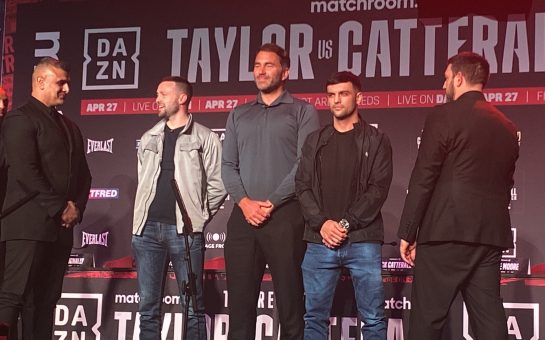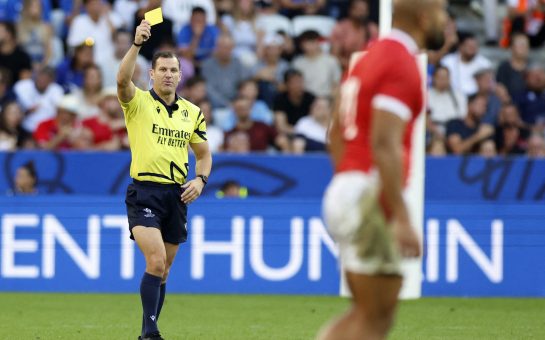Everyone and their mother knows that children can be famously impressionable.
The first time a child that has spent a significant amount of time with you utters a four letter epithet in front of others, the adults in the room immediately know that you are culpable for, intentionally or not, teaching this child to spout profanity.
They may not even know what they are saying!
It is just part of the brain development to be like sponges and absorb everything around them, usually uncritically and without a filter.
It is with this knowledge in mind that the issue of gambling advertisements in sports programming on the television – something which is supposed to be a family activity, we might add – needs to be addressed in a serious manner.
No doubt, there is a lot of money to be made from gambling just as there is from, say for instance, bingo sites like cheersbingo.com – not that there is anything wrong with that, it’s just the targeting of children which is offensive.
Which is exactly what the big companies in the betting industry and casinos are doing: going after the young’uns while they are still… well, young. They are at their most impressionable.
Research indicates that it’s Already Gone too far
Several studies show that kids are able to readily identify betting companies in the sports world.
The children recognise these name brands simply from watching football on television!
Not only that, the premise of these ads is that gambling is a skill – something that you can control the outcome of – and not a matter of chance.
The ads that exist in the sports merchandising and around the grounds of professional football stadiums is also a factor in what the kids are exposed to.
It isn’t just football, though. It’s also a huge issue in other sports, in other countries.
The National Football League in the United States, the Australian Football League and the National Rugby League in Australia, countless football and basketball leagues around China, the Philippines, and other parts of Asia all have paid fantasy leagues and gambling outfits officially or unofficially affiliated with these professional sports leagues.
If anything is clear, it’s that this problem is endemic to sports around the world, and all of our children – regardless of creed, nationality, race, or language – are being exposed to this vice.
The Staggering Numbers behind the Problem
A recent study by Macquarie and Wollongong Universities in Australia revealed that for the National Rugby League, a full 14% of television time was devoted to convincing viewers to place a betting line on a game, while that same figure was still a substantial 5% for the Australian Football League.
Meanwhile, since 2006, online sports betting sites have seen a steady rise of 230% increase in gambling activity.
The sports gambling industry is projected to grow to a mind-boggling 38% of total Australian gambling revenue within the course of a few years.
Is this all that surprising considering you only need pull out a smart phone from your pocket, find a live game, and place a bet at the click of a button?
The barrier to access has been reduced drastically, and with the number of people suffering financially, relationally, and emotionally from a sports betting addictions rises day by day, only some 15-20% of them are receiving professional help at Sydney University Gambling Treatment Clinic, according to estimates.
What should be done?
There are a number of possible solutions which will help chip away at this growing issue, some of which the massive sports betting industrial complex will no doubt fight tooth and nail.
These include, but are not limited to:
- Placing restrictions on ads for gambling services during children’s viewing hours before 9pm
- Outright banning the publishing of live odds during broadcasts
- Leagues taking action to ban team and league sponsorship of sports gambling companies
- Ceasing the sly promotion of sports commentators’ ‘cash for comments,’ essentially integrating betting companies into their live commentary
Sports are popular, and if we are collectively, as a society, going to do something about this increasing gambling problem, it has to happen within the sports world and the channels that broadcast them.
Here’s hoping something changes before it’s too late.



